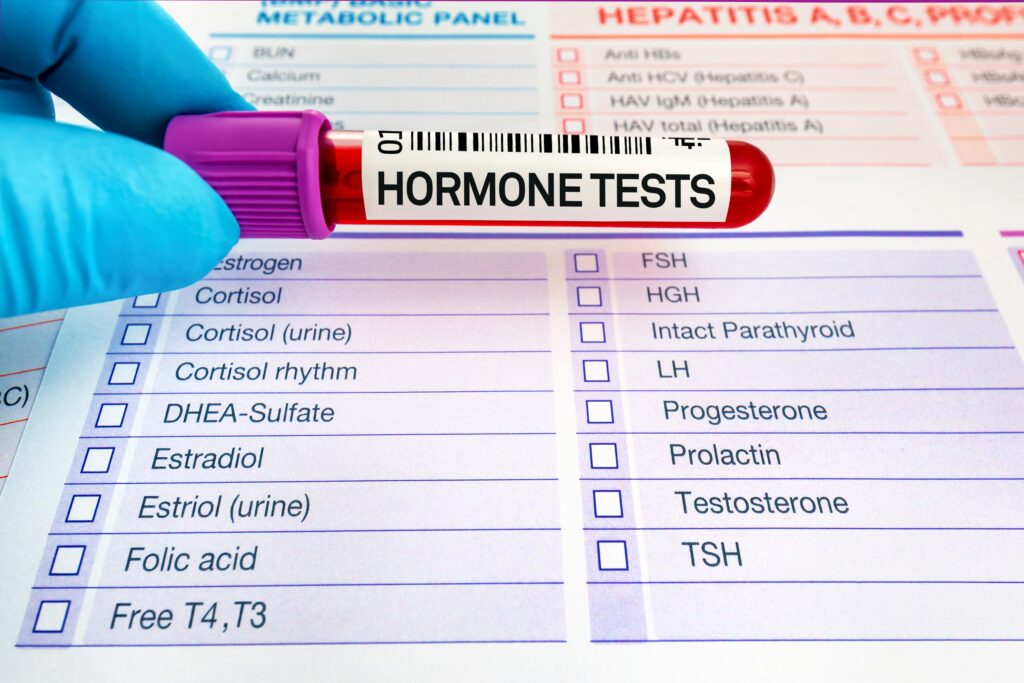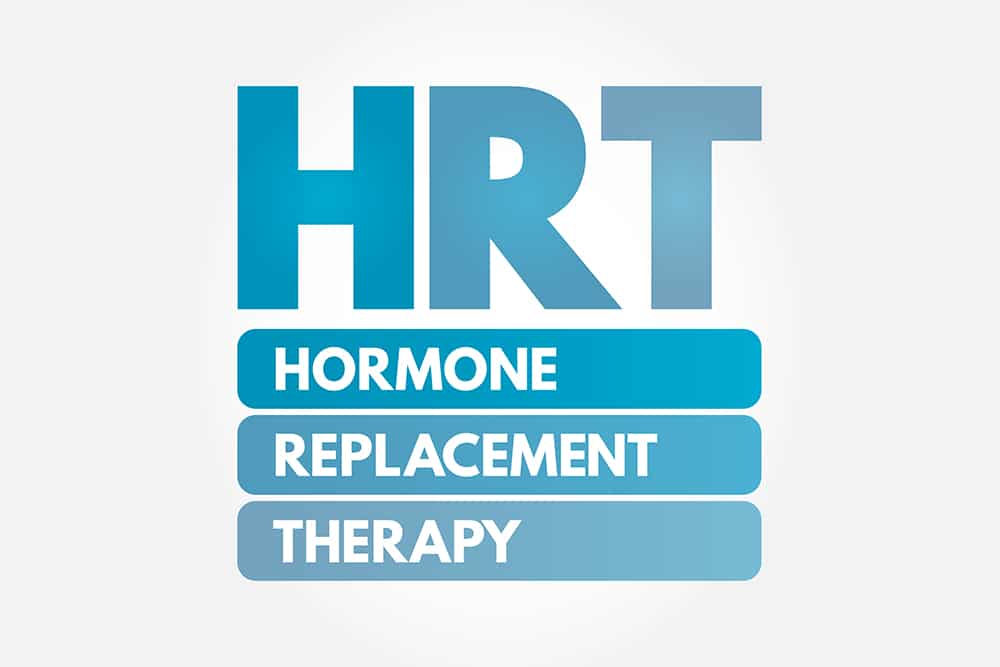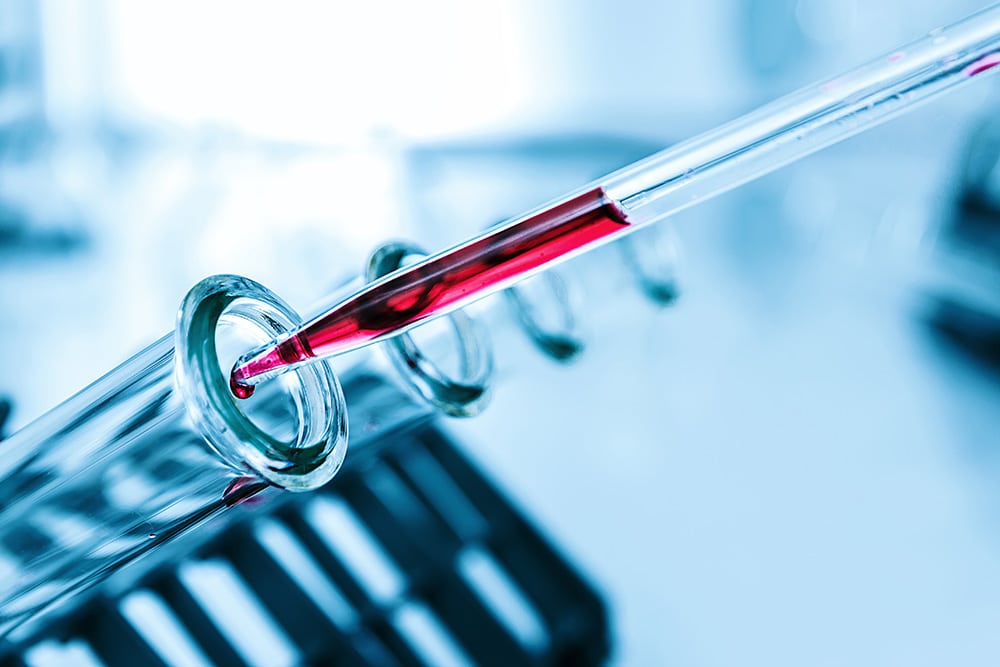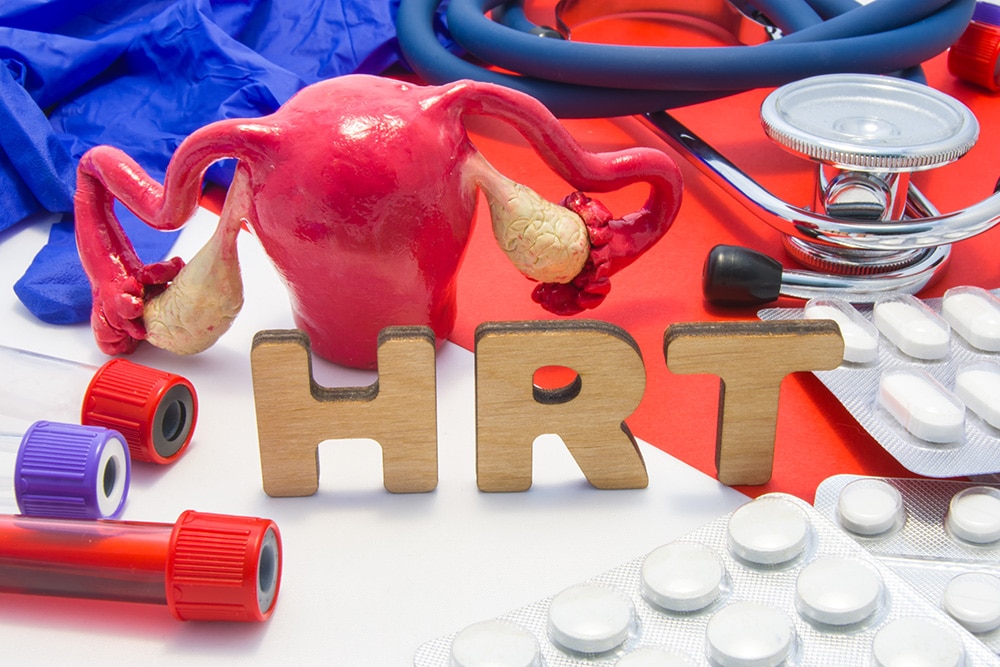
Many women entering their 40s and 50s begin to experience changes that can feel confusing, frustrating—and at times, overwhelming. Hot flushes, mood swings, low energy, sleep disruption, and unexpected weight gain are just a few of the symptoms associated with menopause and perimenopause.

In November 2024, the National Institute for Health and Care Excellence (Nice) released guidance that women with menopausal symptoms should be offered hormone replacement therapy (HRT) as the initial treatment as opposed to therapy.

The menopause is a natural phase in a woman’s life that marks the end of reproductive functions. It is characterised by hormonal changes, including a decline in estrogen, progesterone and tesosterone levels. This transition can lead to various physical and emotional symptoms, ranging from hot flashes, night sweats, and mood swings to depression, memory loss, and osteoporosis.
Many people seek hormone replacement therapy (HRT) to treat their menopausal symptoms, but when using generic HRT prescriptions, personal menopausal problems may not be targeted or treated in the most optimal way.

The menopause is a natural phase in a woman’s life that marks the end of reproductive functions. It is characterized by hormonal changes, including a decline in estrogen, progesterone and testosterone levels. These hormones are usually produced in the ovaries, but as they decrease in numbers, the function of the ovaries deplete also, ceasing menstruation and ovulation.
Due to reduced levels of estrogen in the blood stream as a result, this transition can lead to various physical and emotional symptoms, including hot flashes, night sweats, memory loss, and changes in metabolism.

One common concern among women going through menopause is weight gain. Here at Bodyline, we work with those going through the menopause and those living with obesity, so we are experts in helping people through this tricky period of their lives. That’s why we are exploring how menopause impacts weight and discussing strategies to manage weight during this transitional phase.

Menopause is a natural phase in a woman’s life that brings about significant hormonal changes and various symptoms. While some women may find adequate support and treatment options through their GPs and doctor’s surgeries, others may prefer to seek specialized care at a private menopause clinic. Wait lists, generalised care plans, and minimal support have meant that more and more menopausal women seek treatments for their symptoms outside of national healthcare and go down the route of private clinics.

Are you experiencing menopausal symptoms and looking for specialized support and treatment options? So many women are the same due to frustrating wait times in getting help through GPs, and feeling as though they are jumping through hoops for a simple HRT prescription.

The aim of this year’s World Menopause Day on 18th October is to raise awareness of the links between menopause and the potential risk of cardiovascular disease (CVD) in women. Given that around 13 million women in the UK, or a third of the female population, are currently in the perimenopause or menopause stage, and that CVD is responsible for 35% of deaths in women each year, it’s an issue that really can’t be ignored. Here’s what you need to know…

One of the most important things that you can do to mitigate the risk of coronary heart disease is to make healthier lifestyle choices like upping your exercise, cutting down on alcohol, cutting out tobacco, maintaining a healthy weight and eating a balanced diet. Even small steps can all add up and make a big difference towards alleviating menopause symptoms and maintaining a healthy heart.

Menopause is a natural transition in a woman’s life, usually between the ages of 45 and 55, when her ovaries run out of egg cells and production of oestrogen and other hormones declines. The average age for a woman to reach menopause in the UK is 51, although around 5% of women naturally go through early menopause. Early and premature menopause can also be brought on by other extenuating circumstances including certain medical conditions and treatments.



















